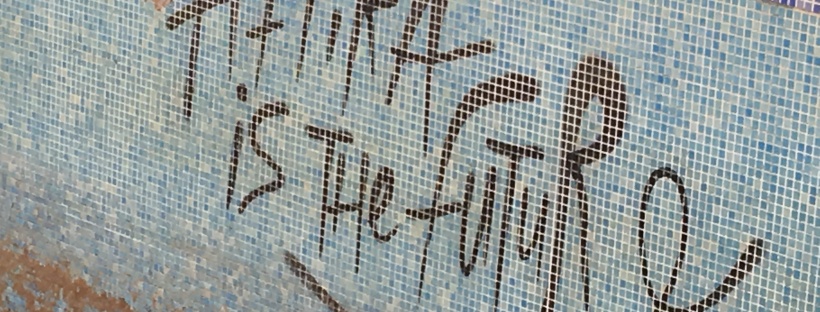Happy European day of languages everyone!
Where I live now, in Finland, languages are taken very seriously. But even in a country that sees itself as multilingual, not all languages have equal status. Many languages have been minoritised, that is, they have been given lesser status in a nation state based on regulated domains for the languages spoken on its territory. Such policies often don’t leave much room for smaller languages, and they also create a particular image of a language – it needs to have all the insignia of languagehood that the “big” languages have: a standard (and written!) variety, use in all domains of public life, a body of written literature…
In fact, most European nation states are built on the premise of linguistic homogenisation, relying on the eradication of as much internal diversity as possible in order to create the illusion of unity without difference. It is against a backdrop of linguistic discrimination that the European day of languages is positioned, Its aims are highly laudable, but as with many celebratory days, it is born out of the dire need to valorise something that is threatened, marginalised, and underrepresented. Once a monolingual mindset has taken root in a society, it becomes very costly to be multilingual, since the image to be copied is the one of the dominant languages.
Africa, on the other hand, boasts continuing linguistic diversity. Its languages, though (or perhaps because!) not supported by the existing language policies, continue to thrive in many cases, though not in the pristine forms imagined for them first by colonial administrators and then by prescriptively minded and purist language planners. So does Africa need a day of languages? And if so, what could such a day look like?
In my mind, an African day of languages would celebrate what makes African languages and their use special and resilient. Longlasting grassroots literacies that allow for versatile and adaptive multilingualism in the face of scarce resources, be it in the Arabic or Latin script or in any of the many inventive writing systems coming from the African continent. Adaptive multilingualism that turns many of the continent’s inhabitants into life-long language learners and teachers. A resilience that allows for the appropriation of languages of colonial origin (which continue to serve as instruments of exlusion in their standard forms) into various registers that reclaim and africanise them, be it through particular styles or openly mixed registers. Language use that thus continues to defy the binary contrast between colonial and indigenous languages. Unity in difference, through widely shared practices of exchange and interaction. Mostly, these are achievements that are frowned upon by those who see languages in the Western image, as a standardised code with a prescriptive writing culture and seemingly clear boundaries. But they are what makes diversity possible.
So, perhaps we do need an African day of languages to make other language visions beyond the shadow of European ideas of language more visible. and recognise them as achievements rather than as deficits. These visions could offer precious lessons to European nation states that are, after centuries of denying and eradicating linguistic diversity, starting to see it as an asset again.
